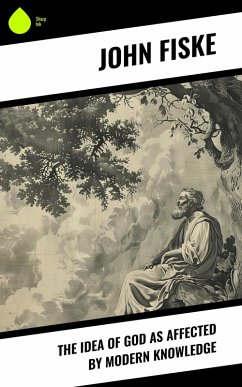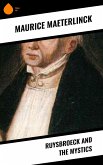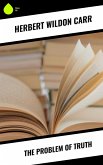In "The Idea of God as Affected by Modern Knowledge," John Fiske delves into the intersection of theology and contemporary scientific thought during the late 19th century. Fiske employs a compelling narrative style, blending philosophical inquiry with accessible prose to interrogate the implications of modern discoveries on traditional conceptions of the divine. Through meticulously structured arguments, he explores how advancements in geology, biology, and cosmology challenge established religious doctrines, urging readers to re-evaluate their understanding of God within a rapidly evolving intellectual landscape. John Fiske (1842-1901) was a prominent American philosopher and historian whose work often sought to harmonize science and religion. Influenced by the Enlightenment and the burgeoning fields of evolutionary biology and natural science, Fiske's writings reflect a commitment to understanding humanity's place in the universe. His academic background, particularly in philosophy and studies of human progress, undoubtedly informed his approach to the complex relationship between faith and reason, as echoed throughout this pivotal text. This thought-provoking book is a must-read for anyone interested in the philosophical implications of modern science on spirituality. Fiske's incisive analysis encourages a dialogue between scientific inquiry and theological belief, making it essential for scholars, theologians, and curious readers who seek to reconcile the challenges of contemporary knowledge with enduring questions about existence and divinity.
Dieser Download kann aus rechtlichen Gründen nur mit Rechnungsadresse in A, B, BG, CY, CZ, D, DK, EW, E, FIN, F, GR, HR, H, IRL, I, LT, L, LR, M, NL, PL, P, R, S, SLO, SK ausgeliefert werden.









